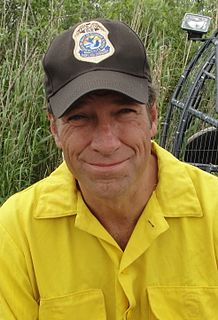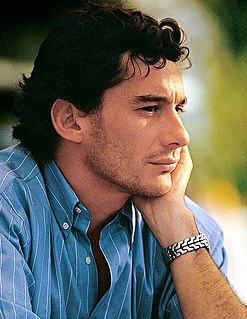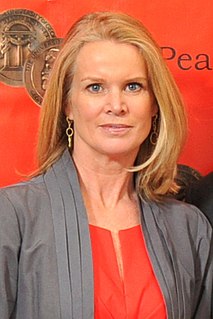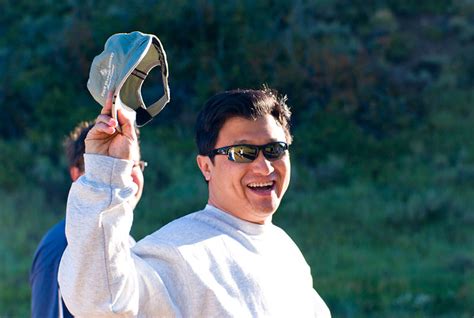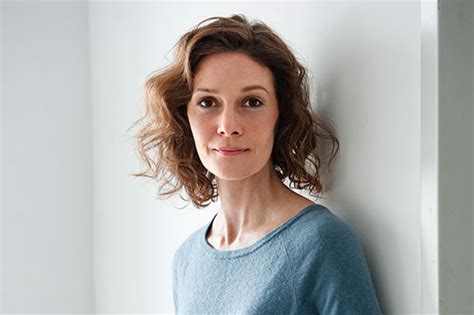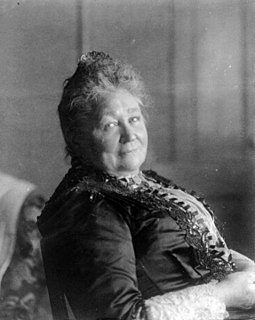A Quote by Dorothy L. Sayers
To know one's own limitations is the hallmark of competence.
Quote Topics
Related Quotes
The interesting thing is it's outside the statute of limitations for a civil suit by Leeds. It's actually is not outside of the statute of limitations under the criminal side. Because it occurred on an airplane and federal law doesn't have a statute of limitations I know off for that particular offense.
When I accept someone's testimony, I am thus only a small part of the full seat of epistemic competence, which might include many others in a long chain. My own contribution might then be slight, just through the perceptual and linguistic competence involved in knowing what someone is saying or writing, etc.
It's easy to run to others. It's so hard to stand on one's own record. You can fake virtue for an audience. You can't fake it in your own eyes. Your ego is your strictest judge. They run from it. They spend their lives running. It's easier to donate a few thousand to charity and think oneself noble than to base self-respect on personal standards of personal achievement. It's simple to seek substitutes for competence--such easy substitutes: love, charm, kindness, charity. But there is no substitute for competence.






